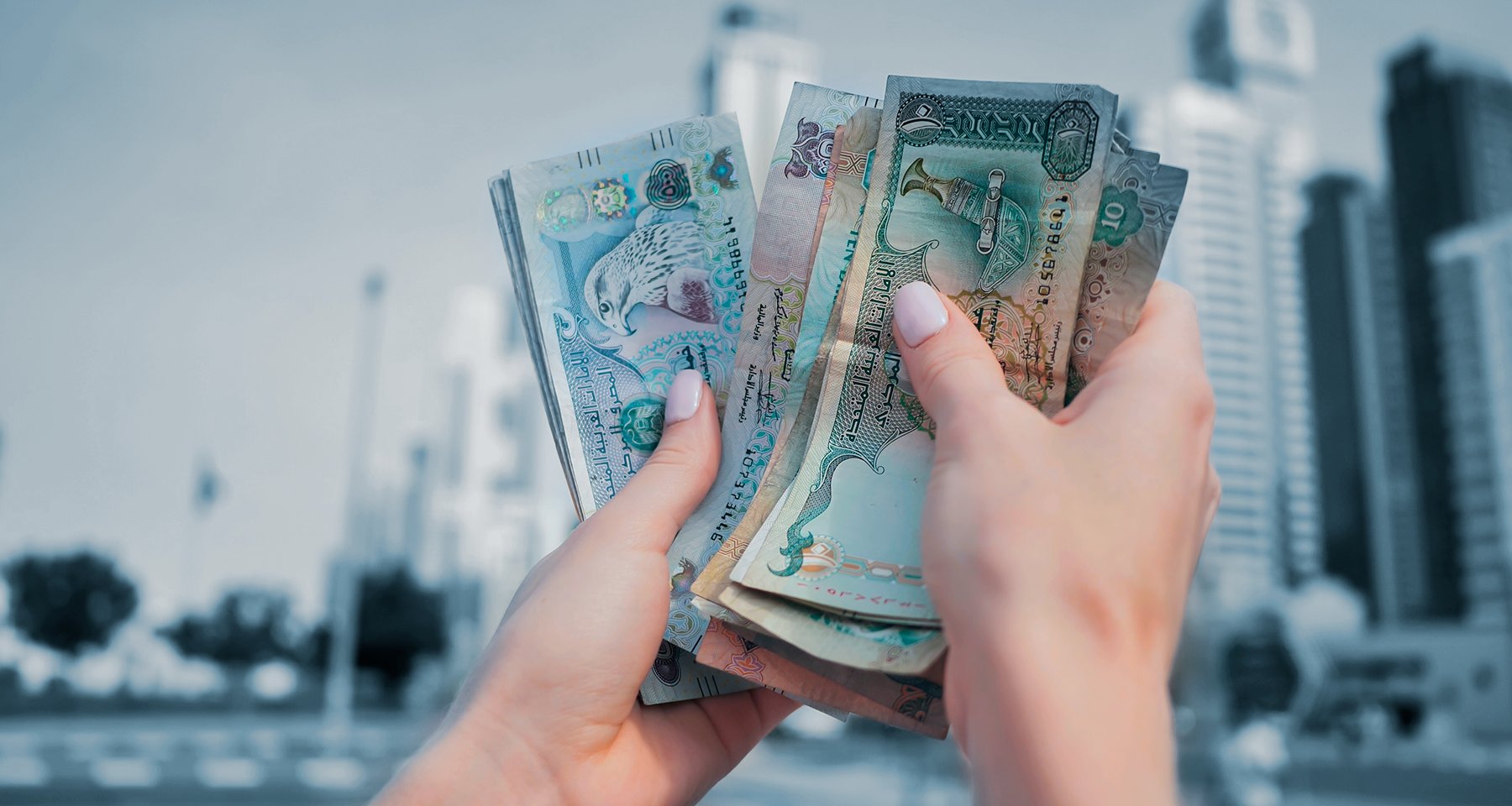High-Growth Investment Sectors to Watch in the UAE

The United Arab Emirates (UAE) has solidified its position as a global investment hub, thanks to a strategic geographic location, business-friendly policies, and continuous economic diversification. As the region transitions into a post-oil economy, investors are increasingly exploring non-traditional sectors for high returns. For those exploring where to invest money in UAE, this article dives into the most promising high-growth sectors attracting both local and international capital.
The UAE’s Vision for Economic Diversification
The UAE has laid down a comprehensive roadmap under “Vision 2030” to reduce its dependence on hydrocarbons and pivot toward knowledge-based and innovation-driven industries. This transition has been bolstered by the influx of foreign direct investment (FDI), regulatory reforms, and strategic government initiatives. With a focus on sustainable development, the UAE is fostering growth in sectors such as renewable energy, technology, healthcare, fintech, logistics, and tourism.
Understanding which sectors are experiencing accelerated growth can help investors make smarter decisions aligned with the country’s future.
1. Renewable Energy and Clean Technology
The UAE has made a strong commitment to sustainability. With the world’s largest single-site solar power plant (Noor Abu Dhabi) and the Mohammed bin Rashid Al Maktoum Solar Park, the country is positioning itself as a leader in renewable energy.
Abu Dhabi’s Masdar City is a blueprint for green urban development, focusing on renewable energy, energy storage, and electric vehicles. The UAE aims to generate 50% of its energy from clean sources by 2050, offering immense opportunities for investors in:
- Solar power technology
- Wind energy infrastructure
- Smart grids and energy efficiency systems
- Carbon capture and storage (CCS)
- Electric vehicle (EV) infrastructure
Why Invest in Renewable Energy?
The government is offering incentives and long-term investment security, including Public-Private Partnership (PPP) models. As global ESG (Environmental, Social, Governance) standards become essential to portfolios, renewable energy in the UAE is seen as a long-term, sustainable asset.
2. Fintech and Digital Banking
The UAE has rapidly emerged as a fintech hub in the Middle East. With high internet penetration, a tech-savvy population, and supportive regulations from bodies like the Dubai Financial Services Authority (DFSA) and Abu Dhabi Global Market (ADGM), the fintech ecosystem is thriving.
Key subsectors gaining traction include:
- Digital payments and wallets
- Insurtech (insurance technology)
- Robo-advisors
- Blockchain and cryptocurrency solutions
- Peer-to-peer lending platforms
Growth Drivers
The pandemic accelerated the adoption of contactless payments and digital banking. In response, traditional banks are partnering with fintech startups to stay competitive. Venture capital firms are also actively investing in early-stage fintech companies across the UAE.
3. Healthcare and Biotechnology
Healthcare is one of the fastest-growing sectors in the UAE, driven by an aging population, medical tourism, and increased focus on local R&D capabilities. The government is investing heavily to make the UAE a regional medical hub.
Opportunities exist in:
- Private hospitals and specialty clinics
- Healthtech solutions, including telemedicine and AI diagnostics
- Biotechnology and pharmaceutical manufacturing
- Medical equipment and wearable health devices
- Genomic research and personalized medicine
Market Outlook
The UAE’s healthcare market is projected to grow significantly by 2030, supported by mandatory health insurance schemes, rising lifestyle-related illnesses, and innovation in treatment protocols. Abu Dhabi’s partnership with G42 for genomic research is just one example of forward-thinking investment in this field.
4. Information Technology and Artificial Intelligence
In 2017, the UAE became the first country in the world to appoint a Minister for Artificial Intelligence. Since then, investments in AI, machine learning, cloud computing, and data analytics have surged.
The UAE aims to become a global leader in AI by 2031, and is currently implementing AI across various sectors, including:
- Smart cities (e.g., NEOM, though based in Saudi Arabia, is influencing the UAE’s ambitions)
- AI-powered logistics and transportation
- Predictive analytics in government services
- AI in finance and fraud detection
- Natural language processing and chatbots
Strategic Investment Hotspots
Dubai Internet City and Abu Dhabi’s Hub71 have become incubators for innovation, housing hundreds of tech startups and attracting billions in venture funding. The support for sandbox environments, free zones, and tax benefits make tech a high-yield sector for both institutional and retail investors.
5. E-Commerce and Digital Retail
The e-commerce boom in the UAE, triggered by digital transformation and accelerated by the COVID-19 pandemic, shows no signs of slowing down. With a young, mobile-first population and a strong logistics network, the UAE is witnessing exponential growth in:
- Online marketplaces
- Direct-to-consumer (DTC) brands
- Last-mile delivery solutions
- Cross-border e-commerce platforms
- Subscription-based retail models
Key Trends
Retailers are investing in omnichannel strategies, integrating offline and online experiences. Moreover, the shift toward sustainable and niche products (such as eco-friendly or local artisan goods) is opening up new investment verticals.
6. Real Estate and Proptech
While the real estate market experienced fluctuations over the last decade, it remains a critical pillar of the UAE economy. Recent years have shown a strong recovery, especially in luxury and waterfront properties, driven by residency reforms and demand from international buyers.
High-growth sub-sectors include:
- Smart buildings and energy-efficient construction
- REITs (Real Estate Investment Trusts)
- Digital real estate platforms (Proptech)
- Short-term rentals and co-living spaces
- Commercial real estate in logistics and warehousing
Long-Term Potential
Dubai and Abu Dhabi continue to attract expatriates and digital nomads, bolstered by long-term visas and tax-friendly environments. Furthermore, Proptech startups offering data-driven property insights and virtual viewing solutions are enhancing buyer experiences and transaction transparency.
7. Logistics and Supply Chain Infrastructure
The UAE’s strategic location between Asia, Africa, and Europe gives it a unique advantage in global trade and logistics. Major ports like Jebel Ali and Khalifa Port, alongside Emirates Airlines’ cargo services, position the UAE as a global logistics hub.
Areas with investment potential include:
- Warehousing and distribution centers
- Freight and cargo handling
- Cold chain logistics
- E-logistics platforms
- Drones and autonomous delivery vehicles
Why Now?
With the rise of e-commerce and global supply chain disruptions, efficient logistics systems have become more critical than ever. Government-led initiatives like Dubai Logistics Corridor and UAE Rail Network are enhancing infrastructure and connectivity, thus creating a ripple effect across related industries.
8. Tourism, Hospitality, and Entertainment
Tourism is a key contributor to the UAE’s GDP, and the government aims to welcome over 40 million visitors annually by 2031. Events like Expo 2020 Dubai and global recognition for safe travel have reinforced the UAE’s appeal as a global destination.
Emerging areas in this sector include:
- Luxury and eco-resorts
- Theme parks and family entertainment
- Cultural tourism and heritage sites
- Cruise tourism
- Health and wellness retreats
Vision for the Future
With the recent introduction of multiple-entry tourist visas and focus on experiential travel, the UAE is poised to redefine the tourism experience in the Middle East. Investment in innovative concepts like desert glamping and underwater hotels adds further allure for high-net-worth individuals and institutional investors alike.
9. Education and EdTech
The UAE is investing heavily in education reform and digital learning tools, aligning its systems with global standards. Private institutions are growing rapidly, and new models of learning are gaining traction.
Growth segments include:
- K-12 international schools
- EdTech platforms for remote and blended learning
- Corporate training and upskilling tools
- Higher education partnerships with global universities
- STEM-focused learning solutions
Policy Support
Authorities are encouraging innovation in curricula and pedagogy through grants, partnerships, and innovation zones like Dubai Knowledge Park and Abu Dhabi’s Education Zone. The digital-first generation of learners is fueling demand for personalized, interactive education solutions.
Final Thoughts: Aligning with the UAE’s Investment Momentum
The UAE’s future is being shaped by its commitment to innovation, diversification, and sustainable growth. High-growth investment sectors are no longer confined to oil and gas but span across renewables, fintech, healthcare, logistics, and digital platforms.
For savvy investors, the UAE offers a dynamic environment with robust legal protections, global connectivity, and a rapidly evolving consumer base. Identifying the right sector, understanding market signals, and aligning with national priorities will be crucial for maximizing returns.
Whether you are a private investor, corporate entity, or venture capitalist, keeping a close watch on these sectors can provide a competitive edge in an increasingly interconnected global economy.



